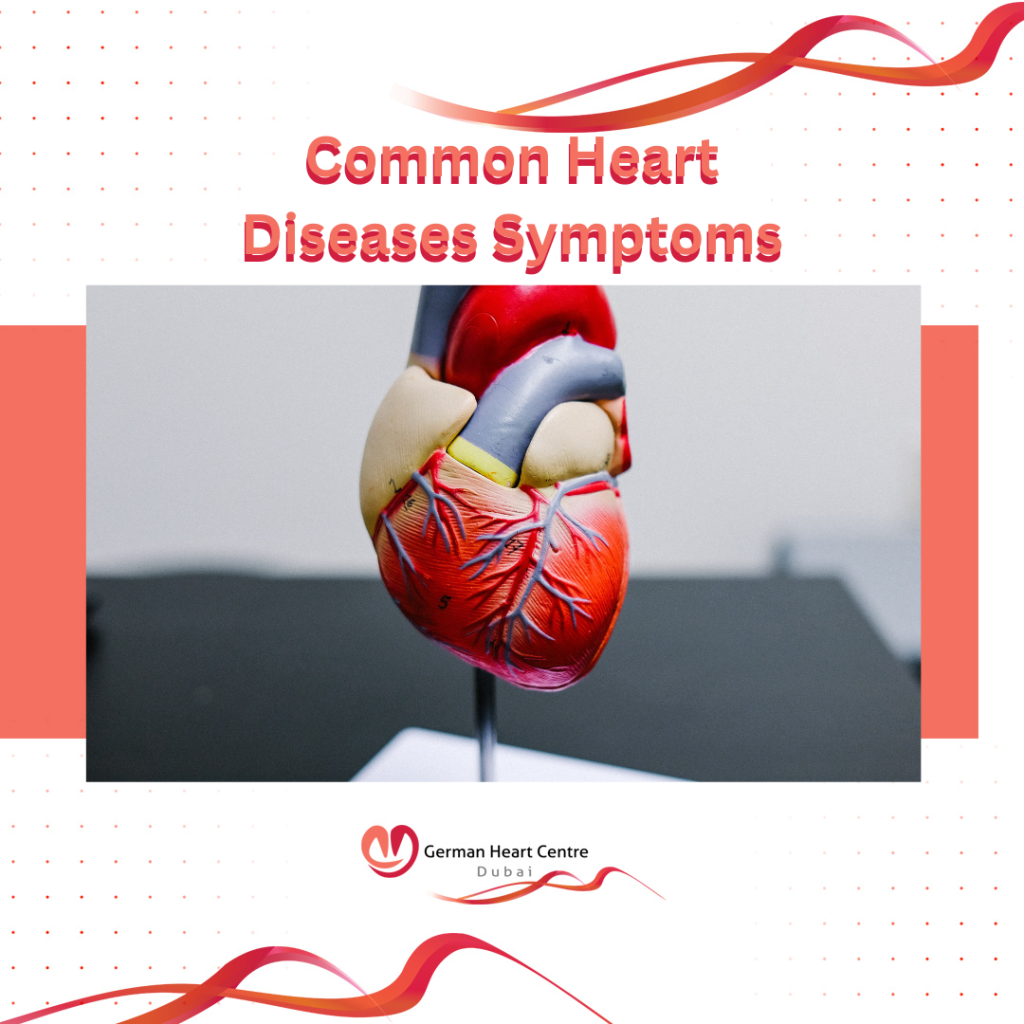Being the No. 1 cause of death in the world, heart diseases are of many types, each one with its own symptoms and treatment. While making necessary changes in lifestyle and taking appropriate medication can make a huge difference for some, for others, surgery becomes the only option when the disease progresses to more serious stages.
Heart disease is sometimes interchanged with cardiovascular disease which is caused by a specific tissue failure of the circulatory system. Heart disease can be characterized with complications such as damage, failure or deformities of the heart muscle, valves, blood vessels, heart rhythm or related tissue whereas cardiovascular diseases are a result of narrowed or blocked blood vessels that lead to heart attack, heart failure, chest pain or stroke.
Symptoms
The symptoms of heart disease generally revolve around the type of heart disease and the gender of the patient. While men are more likely to experience chest pain, women develop other symptoms such as shortness of breath, extreme fatigue, nausea, and chest discomfort.
1. Atherosclerotic Disease – Symptoms of heart disease in your blood vessels
Atherosclerosis is a disease that forms plaque up inside the arteries. The Plaque is a composition of fat, cholesterol, calcium, and other substances found in the blood. Symptoms can include:
- Chest tightness, chest pain, chest pressure and chest discomfort (angina)
- Shortness of breath, pain in jaw, neck, throat, back and upper abdomen
- Pain, weakness, coldness, or numbness in your legs or arms
Most patients are not diagnosed with cardiovascular diseases until they suffer from a heart attack, stroke, angina or heart failure. To keep up with your diagnosis, it is crucial to discuss every concern with your doctor and get screening tests. Early diagnosis can help get appropriate treatment and prevent further progression of the disease.
2. Heart Arrhythmias – Heart disease symptoms caused by abnormal heartbeats
A heart arrhythmia can be described as irregular heartbeat when the electrical impulses that coordinate your heartbeats don’t work properly. As a result, the heart beats too slow, too fast, or irregularly. Heart arrhythmia symptoms can include:
- Racing heartbeat (tachycardia), slow heartbeat (bradycardia)
- Fluttering in your chest, chest pain or discomfort
- Lightheadedness, breathlessness, and dizziness
- Fainting (syncope) or near fainting
3. Birth Defects – Heart disease symptoms caused by heart defects
Congenital heart defects that are serious and identified soon after birth can also lead to cardiovascular disease. These defects often show symptoms in children before a heart attack happens. The symptoms include:
- Skin color turning pale gray or blue (cyanosis)
- Swelling in the abdomen, legs, or areas around the eyes
- Infant showing signs of shortness of breath and poor weight gain during feedings
Congenital heart defects that are less serious are difficult to diagnose and are often overlooked until adulthood. These heart defects are not immediately life-threatening. Their symptoms include:
- Premature exhaustion and shortness of breath during activity
- Swelling in the hands, ankles or feet
4. Dilated Cardiomyopathy – Heart disease symptoms caused by weak heart muscle
The patient may have no symptoms during the early stages of cardiomyopathy. When the condition progresses the body starts showing signs. These symptoms include:
- Shortness of breath during exertion or at rest
- Swelling of the legs, ankles, and feet
- Fatigue, lightheadedness, dizziness, and fainting
- Rapid, fluttering or pounding heartbeats
5. Endocarditis – Heart disease symptoms caused by bacteria, fungi or other germs
Endocarditis is an infection of the endocardium, a membrane that lines the inside of the heart chambers. The infection is caused by bacteria, fungi or other germs when it enters the bloodstream and attaches to damaged areas of the heart. The symptoms include:
- Fever, weakness or fatigue
- Breathlessness, dry or a persistent cough, and irregular heart rhythm
- Swelling of the legs, ankles, feet and skin rashes on unusual spots
6. Valvular Heart Disease – Heart disease symptoms caused by damaged/defective valves
Valvular heart disease occurs when one or more of the four valves of the heart is damaged or defective. In the disease, a stenotic valve pushes the blood to back up in the adjacent heart chamber, while the damaged/defective valve allows blood to leak back into the chamber it exited. The symptoms generally include:
- Fatigue, breathlessness, fainting
- Irregular heartbeat, chest pain, and chest discomfort
- Swollen feet or ankles
How GHC Can Help?
Heart disease can be a lot easier to treat with medication through early detection. However, if the disease progresses beyond medicinal recovery, surgery becomes necessary. If you are experiencing signs of heart disease, are showing symptoms or are concerned about risks of developing heart disease, book an appointment with our top cardiologists are German Heart Center Dubai to get professional consultation, examination, and treatment. If you are experiencing severe chest pain, intense breathlessness or fainting, seek emergency help at our clinic.
The team at German Heart Centre is certified and experienced to support the diagnosis of your symptoms. Call today with your questions or to book a full physical check-up.
Disclaimer: This content including advice provides generic information only. It is in no way a substitute for a qualified medical opinion. Always consult a specialist or your own doctor for more information on the topic.

